JEC Rooftop Solution stands out for solar excellence, offering cutting-edge technology that harnesses clean energy from the sun. With a commitment to sustainability, our solar solutions provide efficient and cost-effective alternatives. Choose JEC for a greener future, where innovation meets reliability in every rooftop solar solution
The lifespan of a rooftop solar system typically ranges from 25 to 30 years. Regular maintenance and advancements in technology may influence the system's longevity, but it generally provides reliable energy for several decades.
Solar panels come in various types, including monocrystalline, known for high efficiency and sleek design; polycrystalline, offering cost-effectiveness; thin-film panels, lightweight and flexible; bifacial panels, capturing sunlight from both sides; monocrystalline PERC panels, optimizing light absorption; and cadmium telluride panels, cost-effective thin-film options. Each type has its unique characteristics, making it crucial to consider factors like efficiency, cost, and application suitability when choosing the most suitable solar solution for a particular need.
Area required for a rooftop solar system depends on factors such as the system's capacity, efficiency of the solar panels, and local sunlight conditions. On average, a residential rooftop solar system with a capacity of 1 kilowatt (kW) may require about 100 square feet of space. Larger systems will naturally need more space. It's important to conduct a site assessment or consult with a solar installer to determine the specific area requirements based on the planned capacity and available sunlight at the installation location.
In net metering, Solar electricity generation is directly consumed at the premises and surplus electricity generated is fed back into the grid, earning credits that can be used to offset future electricity consumption, resulting in reduced overall energy bills.
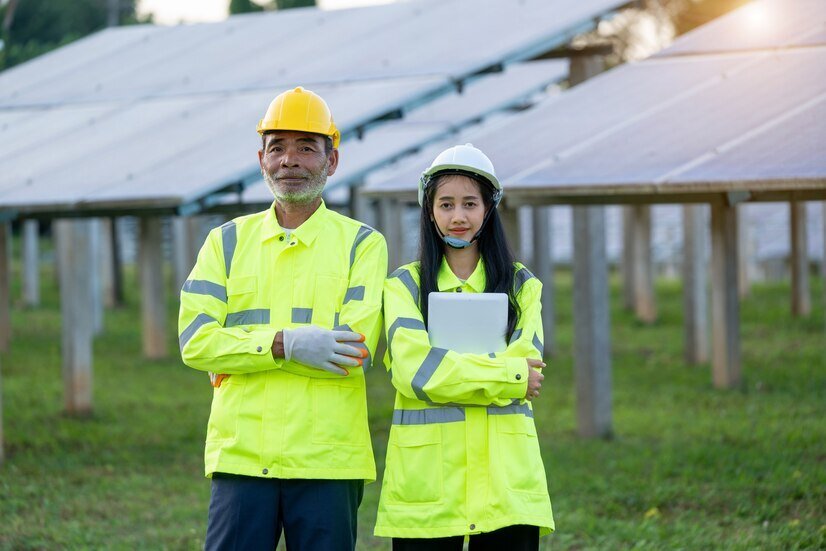

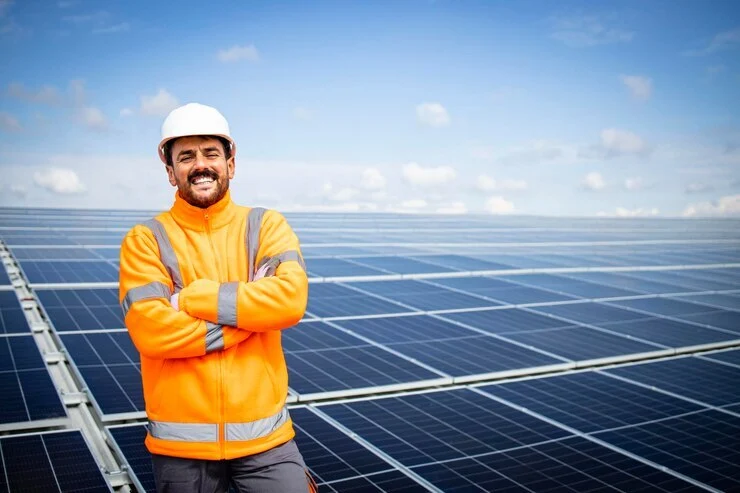

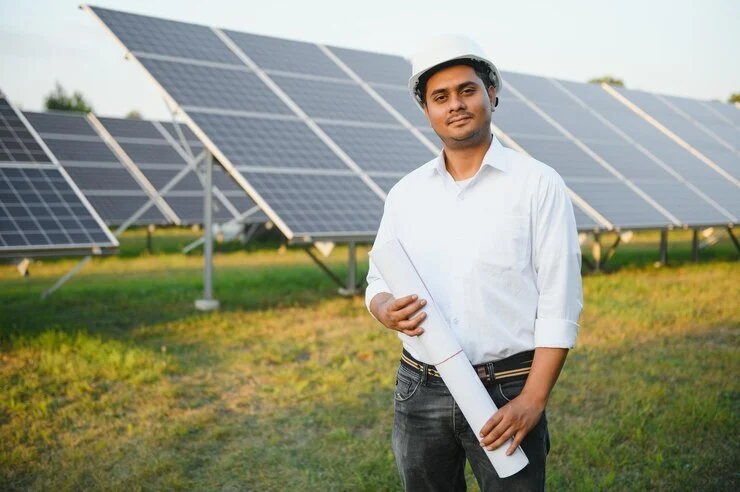

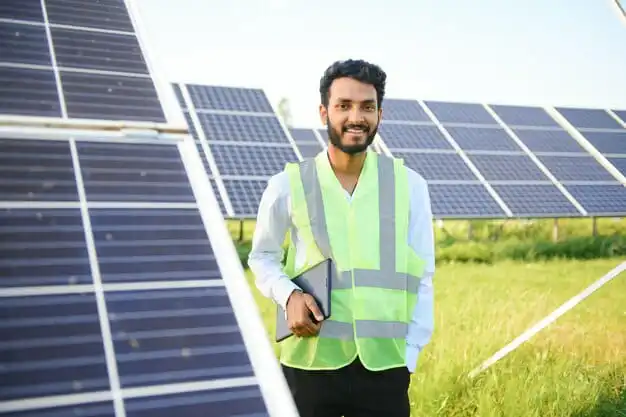

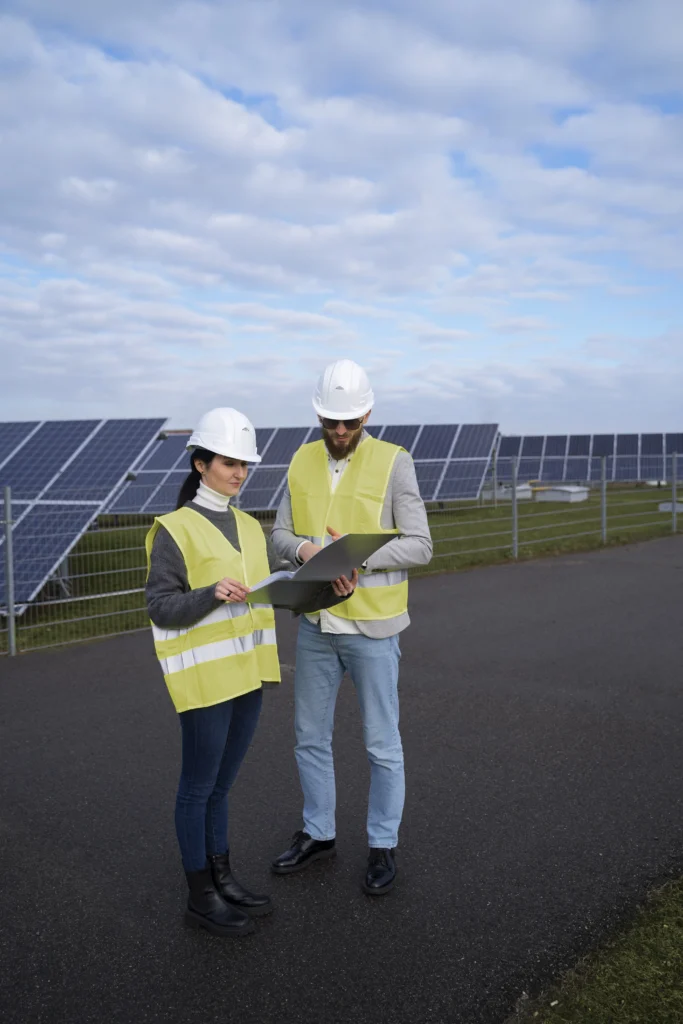
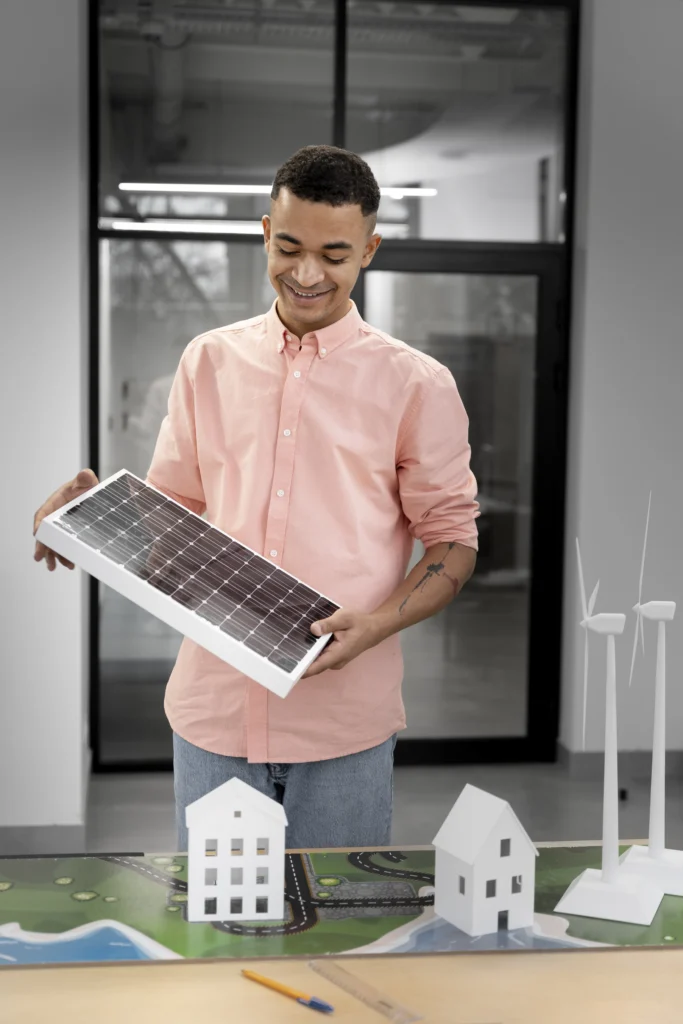

Site Survey
Read MoreSurvey site for optimal solar system positioning and layout efficiency.